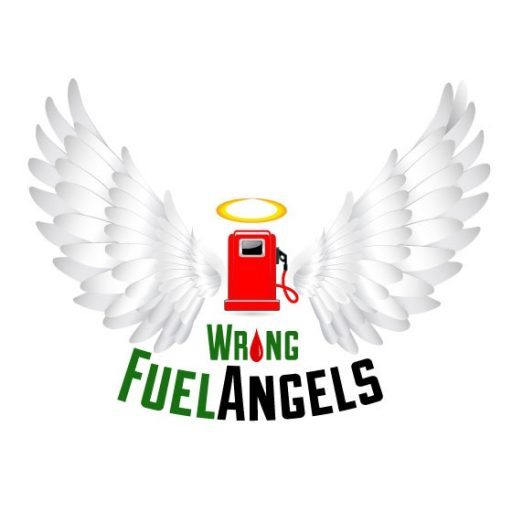Travel Wise
It seems that with this year’s heatwave, sweeping across Britain, Northern Europe and especially France, touring holidays have never been more popular, where holidaymakers have enjoyed traversing the long strips of the French Riviera or the winding roads of the Dordogne.
The fact is that may drivers have been caught out and at risk of ruining their car engines by filling up with the newly launched biofuel. This new petrol type is called ’95-E10′ and is a cocktail made up of regular unleaded fuel and ethanol. Despite being suitable for new cars it can damage vehicles with a pre 2000 registration.
Biofuel
At French petrol stations and garages, the biofuel, which is made up of 10 per cent ethanol and 90 per cent regular unleaded, is placed alongside the usual Euro 95 pumps. Despite a wide public awareness campaign, the French population have been educated as to the fact, but many foreign holiday makers have been caught out.
Drivewise
Drivers on holiday often confuse ordinary unleaded with diesel at the pumps which is enough of a headache, especially when your abroad, however, if drivers confuse unleaded petrol that contains ethanol, it could be devastating and potentially ruin a holiday.
Ethanol in its essence is a is highly corrosive substance, which does not affect plastic tanks but can wear away metal fuel tanks, common to cars older than 2000, and if not caught in time, can lead to leaks; a devastating blow to a carefree holiday maker, especially with a family in tow.
Damage
Since 1 April the gradual distribution of the E10, which is the name of the petrol type, has been a controversial one, as in the French government’s own admission, is damaging and totally incompatible to car engines registered earlier than 2000 and totally incompatible with 40 per cent of vehicles on the road. Apparently filling up with biofuel can not only lead to corrosion but problems with connectors and pipes and with regular use could lead to long lasting damage.
Timings
In the UK today, almost 30 per cent of vehicles on the roads, were registered before 2000. Therefore it’s important to check with your manufacturers regarding your cars compatibility before travelling. Motorists should be vigilant and look out for signs that say E10 or bio before choosing fuel. Also if hiring a car, check with the hire company first as to which fuel to use.
When in Doubt
Driving in another country is always a bit confusing, at least on the first few days before you start to get used to obvious things like driving on the other side of the road and foreign traffic signs etc. It’s important to start out well prepared and do a bit of homework beforehand. Check google maps for traffic congestion, road works and route diversions before you go and make sure your car is properly serviced and readied for the journey etc.
The French energy ministry has advised motorists who own cars older than nine years to continue using Euro 95 or 98. So it’s probably better to stay on the safe side.
For more information on wrong fuel recovery contact Wrong Fuel Angels today or visit us online.
